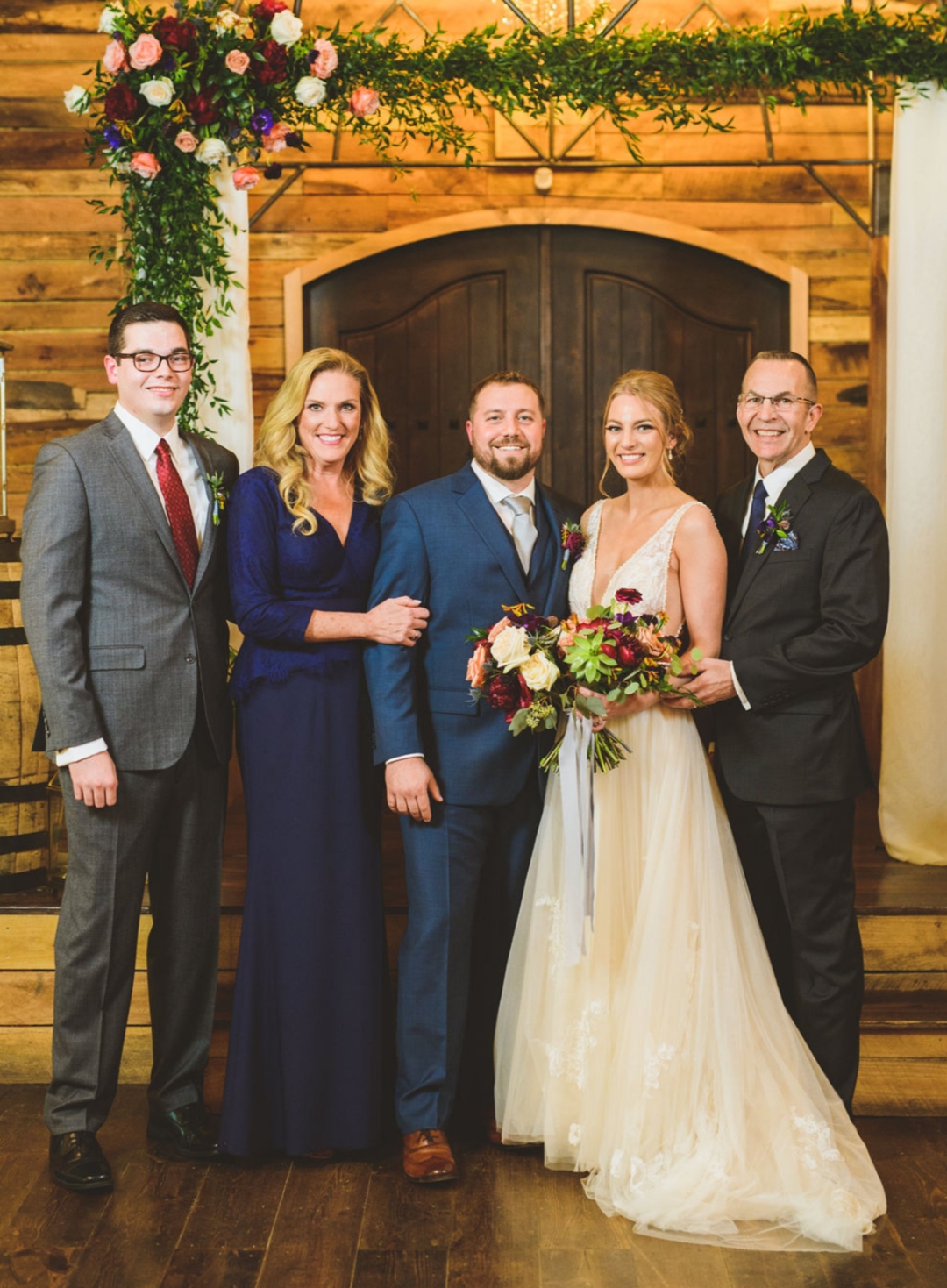In our lifetimes, most of us will gain some wisdom along the way. Some of it we learn from watching others, and some of the toughest lessons we learn are from our own mistakes. We also learn by doing a few things right, whether by happy accident or really thinking things through. Either way, if we look close enough, there’s most likely a lesson in there somewhere. However, sometimes we need some help knowing where to look.
As enlightened as I’d like to think I am (75%, maybe?), I am far better at listening to other people than I am at listening to myself. One of the hardest things for me to do is to admit to myself that I’m not as strong as I’d like to think and, even harder, admitting to someone else that I need help.
The past seven years have been hard, physically and emotionally. Yes, I know it could always be worse and, all in all, my life is pretty great - but it’s all relative, isn’t it? Health wise, it’s been a roller coaster; I used to pride myself on being physically strong - there was nothing I couldn’t do. I didn’t do all the things I tried well, but I had the capacity to give anything a go. Now, I have to be careful and my body reminds me when I push too far. That doesn’t mean I won’t keep trying, I just can’t cowboy my way through things like I used to. Dammit.
And then there’s this dementia thing with my mom. I keep thinking I’ll hit my stride with the emotional side of all this but I haven’t yet and we’re almost ten years into it. Dementia doesn’t follow a clear path, there is no recovery, there are no real goodbyes, and there isn’t even a steady decline; some days are better than others but I know it only gets worse from here.
Just thinking about going to see mom has started giving me anxiety like I’ve never had before - shaky hands, a feeling like someone is standing on my chest, distraction, and a general feeling of “I can’t do this”. So I decided to take a deep breath and mention it to my doctor last week. She’s known me for years and my visits with her are usually a quick check in every three months and I’m on my way. Not this time. When she asked how I was doing, I felt tears coming and I couldn’t pull them back. This time, I was brave enough to tell her I was not ok.
She has patients who have dementia and patients who are children of parents with dementia and she had a father-in-law with dementia so I felt pretty sure she would know exactly where I was coming from. And she did. She knows I eat well, exercise, try to get enough rest, and all the other things I’m supposed to do to take care of me so there was no need to discuss all that.
What she did tell me is that I could be looking at another five to fifteen years of this and mom’s condition will only get worse. Logically I know that but to hear it out loud from my doctor really hit me. Cue even more tears - awesome. I told her I was worried that my dread of that part of my future would affect my family and she leaned forward in her chair, narrowed her eyes, and told me to “just stop”. Wait, what?? She then said that my family would be just fine, I’m the one who will not be fine if I don’t get the support I need.
Good point. Doctor = 1, Melissa = 0
So, for now I’m going to try the counselor route and see if she can give me some tricks to use. I really hope something works because I hate feeling this way. I know I’m not alone but being in this position is lonely; not because I don’t have people who care about me and who will listen to me talk as long as I want but because it’s the nature of the disease. It’s terrible for the person with the disease and it’s terrible for those who love them. Sometimes I get frustrated and angry (never at her, just the situation) and it’s hard to say things like that out loud. But we have to talk about the bad things and ask for help if we need it because there are no gold stars handed out for suffering. Funny, that’s something I say to others all the time but now it’s my turn to listen.
...And I hate to make this all about me
But who am I supposed to talk to?
What am I supposed to do
If there's no you?
This won't go back to normal, if it ever was
It's been years of hoping, and I keep saying it because
'Cause I have to
Swift, Taylor. (2019). Soon You’ll Get Better. On Lover. Republic Records.
Mom and Leah on Mother’s Day, 1992


